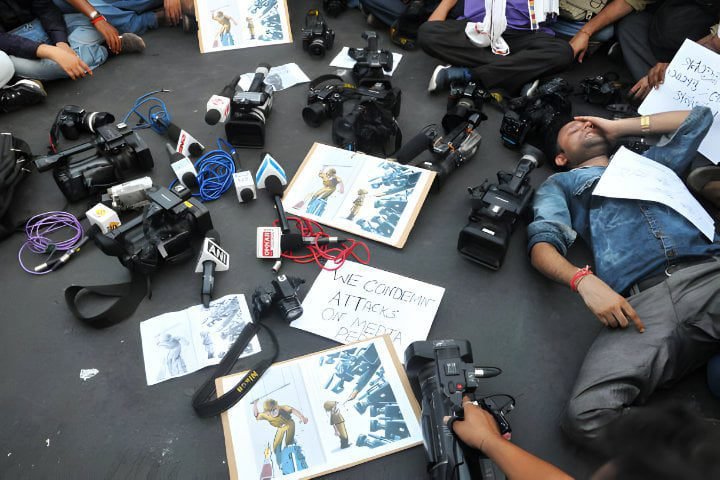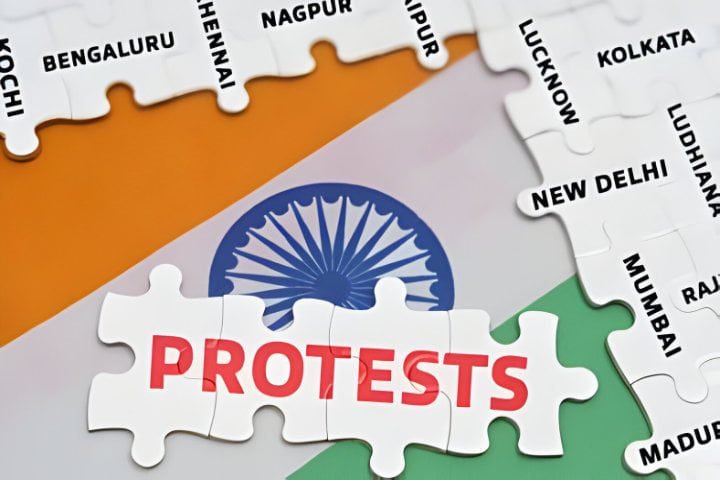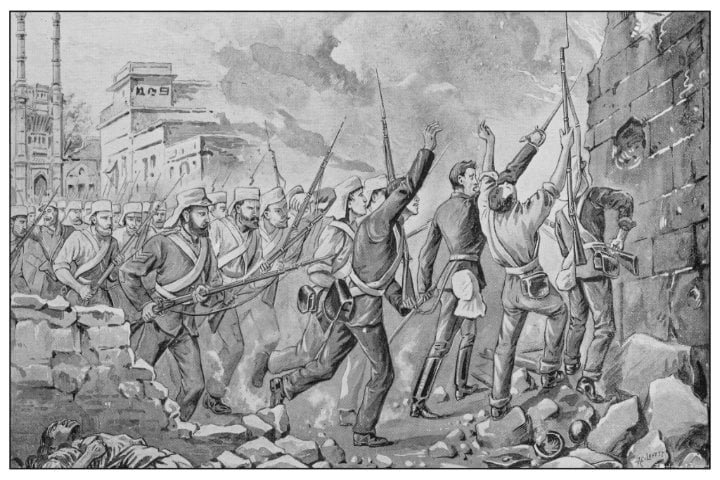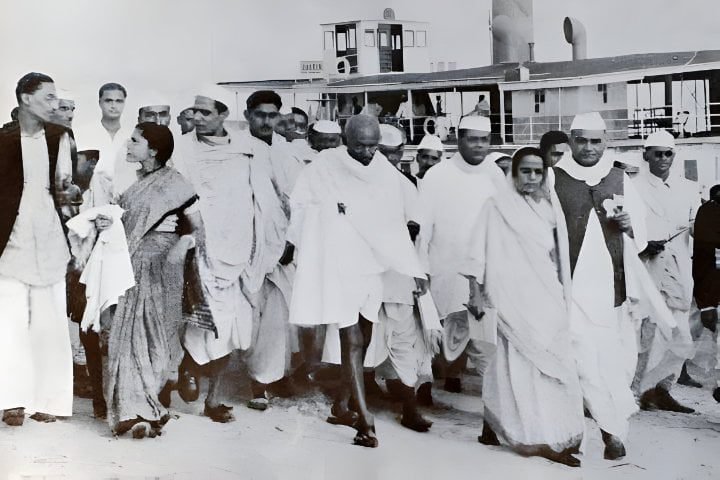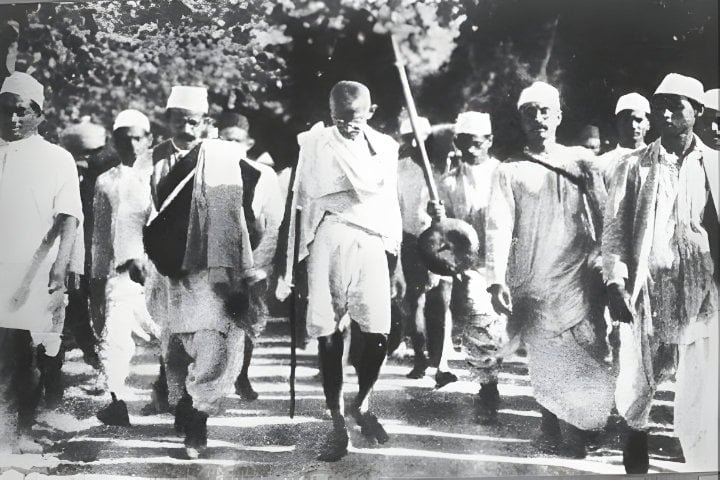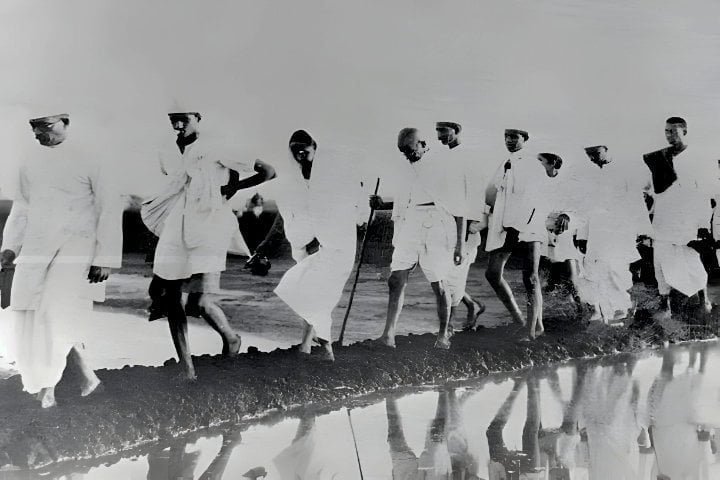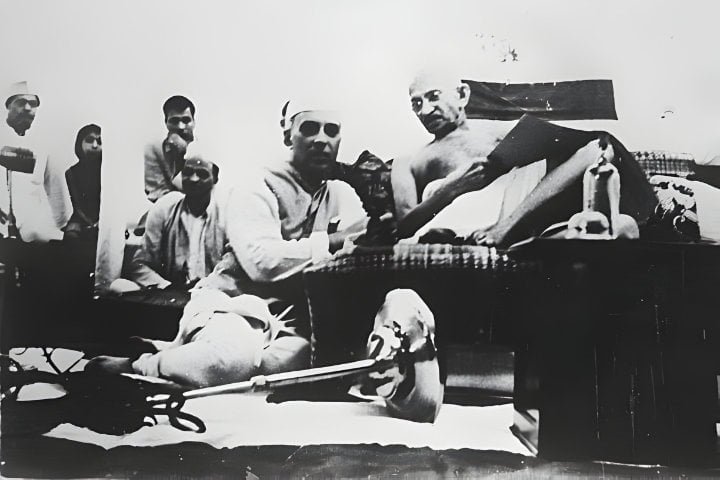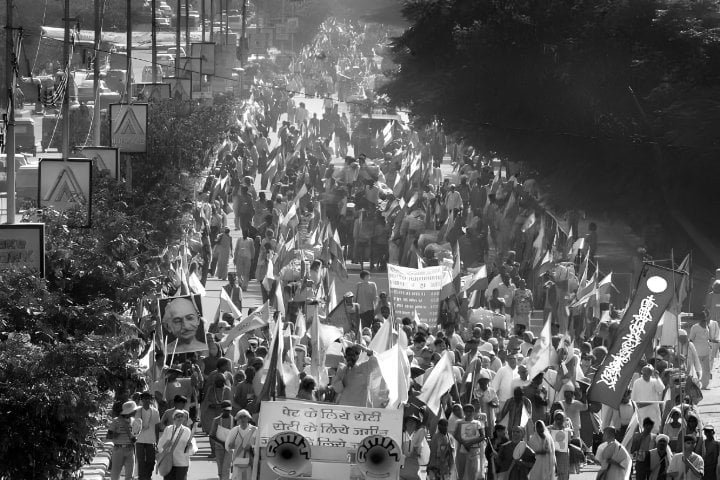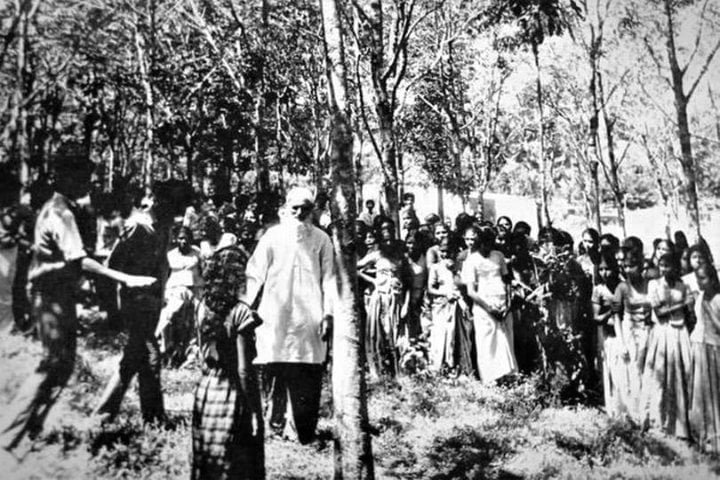Concept of Socialization
Concept of Socialization The newborn understands nothing about society or social behavior. However, the child learns about the physical world and being a good or bad girl/boy as they grow up. They know what behavior is acceptable and unacceptable. Childbirth also changes the lives of people who are responsible for its upbringing. They undergo new […]

